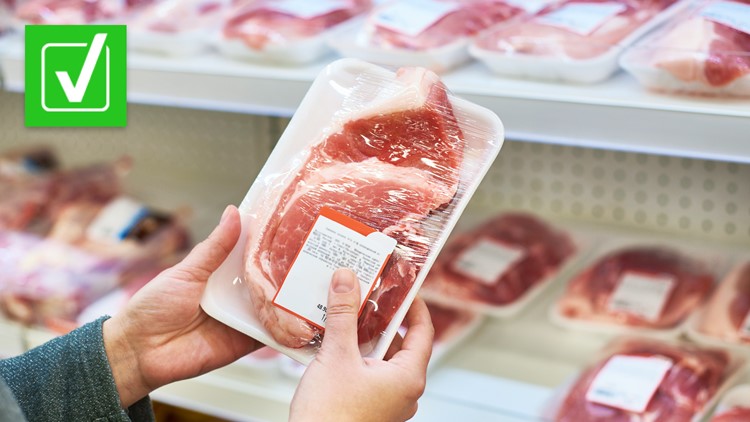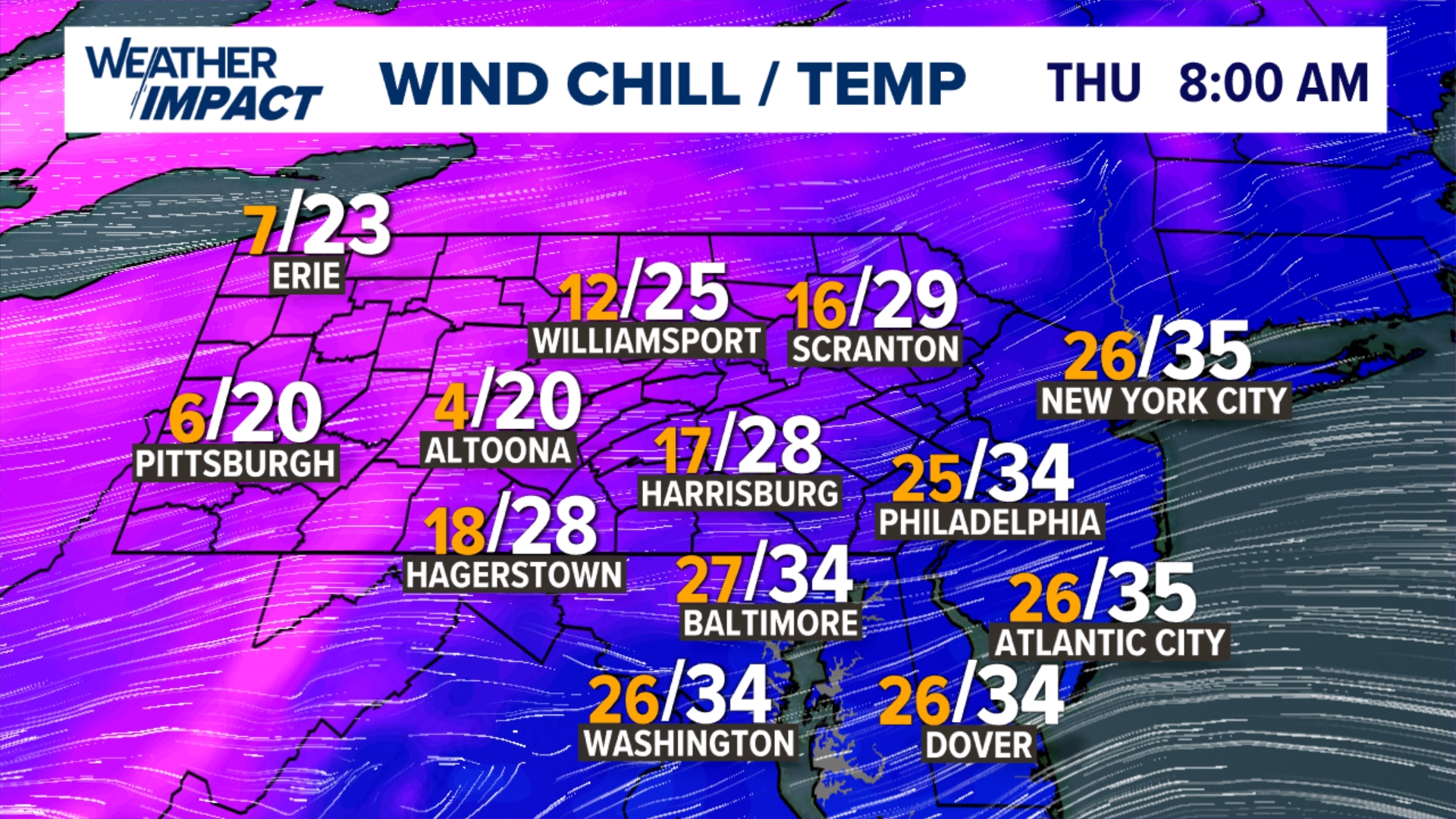At VERIFY, we fact-check class-action settlement notices so our readers know whether the email they receive is legitimate or fraudulent.
VERIFY reader John recently forwarded us a notice appearing to provide information about a pork-related class action lawsuit.
The email was labeled as a "Court-Approved Legal Notice" about Pork antitrust litigation. The subheading read: “If you purchased any Pork product in the United States from June 28, 2014, through June 30, 2018, a class action lawsuit may affect your rights.”
John asked us if the email and lawsuit are legitimate.
THE QUESTION
Is the pork product price-fixing class action lawsuit real?
THE SOURCES
- Court documents for “In re Pork Antitrust Litigation, U.S. District Court, District of Minnesota, No. 18-01776”
- www.overchargedforpork.com
- Hagens Berman, co-lead counsel representing plaintiffs in the suit
THE ANSWER
Yes, the pork product price-fixing class action lawsuit is real and still ongoing and dates back to 2018.
WHAT WE FOUND
A class action lawsuit was filed in 2018 alleging major pork producers, working with a data analysis firm, conspired to fix pork prices for nearly a decade. The email notice that John asked us about is informing people of their rights to opt out of this class-action suit.
Since the lawsuit is ongoing, it remains unclear whether or not there will be a settlement payout, or when the payout could be made.
The lawsuit alleges that since at least 2009, data analysis company Agri Stats compiled detailed reports to pork producers that included profits, costs, prices and slaughter information. The information provided by Agri Stats allowed pork producers to monitor industry production and “control supply and price.”
Anyone who purchased certain pork products from 2014 through 2018 from a retailer or wholesaler is eligible to be a member of the class-action suit, court records say.
Here are the pork products, whether fresh or frozen, listed in the suit:
- Raw pork bacon
- Bellies
- Loins
- Shoulder
- Ribs
- Pork chops
People that purchased the pork between June 28, 2014 to June 30, 2018, in the following states: Arizona, California, Florida, Hawaii, Illinois, Iowa, Kansas, Maine, Michigan, Minnesota, Missouri, Nebraska, Nevada, New Hampshire, New Mexico, New York, North Carolina, North Dakota, Rhode Island, South Carolina, Tennessee, Utah, and West Virginia and Washington D.C., are eligible to be part of the suit, the claim website says.
Anyone who purchased eligible pork products between June 28, 2015 and June 30, 2018 in Kansas, Tennessee and South Carolina can also participate in the class action.
In order to receive a potential settlement amount in the future, you have to complete a claim form. To file a claim, you can fill out a form online here or download a claim form to submit via mail. Documentation isn’t currently required but could be asked for at a later date. According to an August 2023 court order regarding distribution of settlement funds, only "qualified claimants" can receive a settlement. Ineligible claims will be denied.
The suit was filed against the following pork producers:
- Clemens Food Group, LLC
- Hormel Foods Corporation
- Indiana Packers Corporation
- JBS USA Food Company
- Seaboard Foods, LLC
- Smithfield Foods, Inc
- Triumph Foods, LLC
- Tyson Foods, Inc.
JBS and Smithfield already settled in the suit, according to court records and documents published by Hagens Berman, co-lead counsel representing plaintiffs in the suit. JBS was ordered to pay $20 million and Smithfield was ordered to pay $75 million. A portion of those funds may eventually be used to pay eligible people.
If you do not want to remain a member of the suit, meaning you do not want to be legally bound by the terms of any potential settlements or judgments, or if you choose to take legal action on your own, you would need to formally opt out of the suit.
Are you wondering if a settlement or lawsuit email you recently received is legitimate? Check out our VERIFIED tips on how to spot a class action email scam, and as always, you can reach out to us directly.



